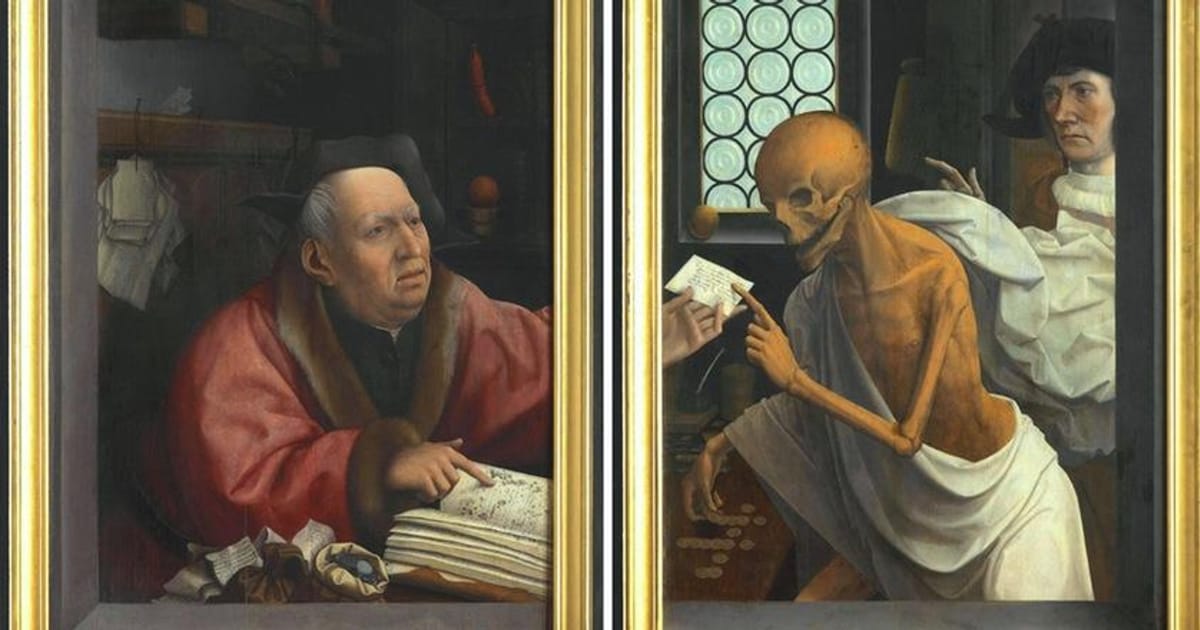Chaosmancer
Legend
Resources Archives - Accounting.com
Your source for accounting career information, degree reviews, and jobswww.accounting-degree.org
"he later admitted to modeling Scrooge on the 18th century Member of Parliament and moneylender John Elwes. Though Scrooge's physical appearance and concern for personal economy were modeled after Elwes, he was different in many ways. Elwes would do absolutely anything to cut costs in his own life, but was generous enough in lending to friends."
The first real world miser, the one Scrooge was modeled after, was generous to his friends. A few other misers there also gave out money to charities.

Famous Misers and How They Lived
Most people have met at least one miser in their lifetime. You know the type: no matter how rich they may be, they hoard their money and spend as little of it as possible, delighting in their savings. Ebenezer Scrooge from A Christmas Carol is perhaps the most famous miser (albeit a fictional...www.ranker.com
Same guy up there makes this list as well, also this guy...
"Despite having more money than God, H.L. Hunt still pinched pennies by cutting his own hair, driving himself to work in an old car, bringing his lunch to work, and parking down the street from his office so he didn't have to pay the 50-cent parking fee. Worst of all, he was also known as a crappy tipper."
But he did tip, just like my miser above who gives a few coppers to the poor.
You're once again engaging in an overly narrow definition of something. Miser this time, rather than alignment.
I wonder if there is any reason that a member of parliament and a moneylender might be generous to his rich and influential friends. And how that might be different than giving money to the poor.
Oh, and reading the rest of the articles, Ephraim Lópes Pereira d'Aguilar, 2nd Baron d'Aguilar, Morgan "Blewbury" Jones, Daniel Dancer (a guy who never bathed or change clothes and kicked out his own dog's teeth to avoid the possibility of being sued), Homer and Langley Collyer, Hetty Green, John P. Davidson (who stiffed the Church Collection plate), J. Paul Getty, Leona Helmsley, Thomas Cooke, Daniel K. Ludwig, John Camden Neild, James "Jemmy" Wood, Ingvar Kamprad
That is fourteen people, with no reference to giving to the poor or even tipping. Lots of "went to visit people to get free food" or "ate food covered in maggots to save money"
Yossele is an interesting case. Someone who was perceived as a miser, and yet was secretly generous. I wouldn't say they count as actually being a miser though, since the entire point of the tale is that you shouldn't judge generosity based on public acts.
So, again, "giving money to the poor" is seen as a specifically anti-miserly act. To the point that there is an entire moral legend about a miser who wasn't really a miser due to his generosity to the poor.
You didn't prove it a all. You made a statement that not even alignment backs up. Alignment backs me up on this. Read alignment man. Chaotic Neutral(only chaos) specifically mentions acting on whim. No mention of desires anywhere.
Because they don't need to. Again, this is fairly well understood. "Following your desires" is in exact opposition to "conforming to societies expectations".
Then you must understand that chaotic is whim and impulse, not desires.
Whims are desires. Following your desires is in exact opposition to conforming to societies expectations. By your definition, there seems to only be a difference in the type of desires people have, so there is little to no difference between neutral, chaotic or lawful other than how many people agree with their desires and how often they change.
No, it doesn't. Nothing in there prevents the evil serial killer doctor I described earlier in the thread.
I've made my arguments. If you think you could act in a manner that is warm, sympathetic and caring towards all people, and yet still go out and murder people in cold blood for being of the same class of people whom you hate, then you have a severe disconnect between what ideals mean, or what those words mean.
Um, no. That's YOU trying to separate everything. I'm incorporating everything together, which is how you get an evil serial killer doctor who follows the oath.
No, you are seperating their core ideals from this idea of being "evil murderer" and then saying that it makes sense because they have two different pieces. But, you are ignoring that ideals ARE the moral and ethical compass of a person. And if you have an ideal that tells you to treat people with compassion and warmth, you don't go and murder them based on their profession.
You cannot have your core driving ideal being to care for others and also have no disconnect with going out and killing every chimmneysweeper in the city.
You guys have certainly argued. That's for sure. None of you has "shown" your claims to be true, though. It's clear that the sentence that follows the ideal is just one example of how the ideal can be interpreted.
And the single word is not the ideal. As we have shown, repeatedly.
Do you re-read what you write before you post it? An "Impulse to follow the rules." Why do you always have to come up with some ridiculously absurd example in order to try and be right? You should re-read your posts and if you see something that absurd, perhaps change it to something that makes sense.
It was your argument.


